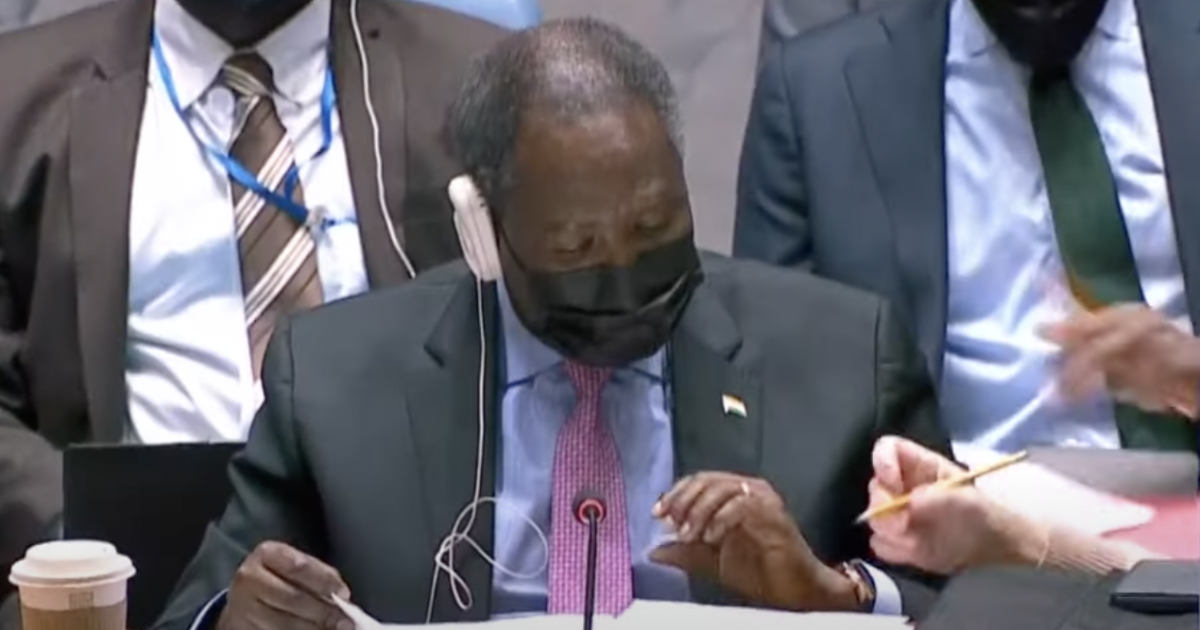
On December 13, 2021 Russia vetoed a U.N. Security Council resolution connecting climate change resolution and the council’s primary mission of keeping international peace and security.
According to Patrick Goodenough of CNS News, Ireland and Niger drafted the resolution. In addition, India voted “no”, while China abstained.
The draft emphasized the need for a “comprehensive, whole of U.N. approach to address climate change and its effects.” Plus it asked the secretary-general to “integrate climate-related security risk as a central component into comprehensive conflict-prevention strategies,” and urged climate change’s security implications be included in U.N. peace missions’ analytical research and activities.
Members of the U.N. have clashed over climate change over the years, especially with regards to whether it should occupy the attention of the Security Council. The Security Council’s main responsibility per the U.N. Charter is “international peace and security” or whether the issue should only be handled by the U.N. Framework Convention on Climate Change (UNFCCC).
The Security Council obviously has more clout.
Russian Ambassador Vassily Nebenzia explained the voting decision by noting that the Russian Federation was “against creating a new area of the council’s work, which establishes a generic, automatic connection between climate change and international security, turning a scientific and socio-economic issue into a politicized question.”
“Positioning climate change as a threat to international security diverts the attention of the council from genuine, deep-rooted causes of conflict.”
Nebenzia took shots at Western countries. He asserted that some countries were quick to blame “greenhouse gas emissions, as well as the sun and the moon” for a sub-optimal situation allegedly caused by these countries’ colonial policies or military interventions abroad.
U.S. Ambassador to the U.N. Linda Thomas-Greenfield criticized Russia for blocking the initiative.
“By vetoing this resolution, Russia has stopped the world’s most important body for maintaining international peace and security from taking a small, practical, and necessary step to combat the impacts of climate change,” she declared.
“The climate crisis is a security crisis, one of the most pressing of our time.It is a threat to every person, in every nation, on every continent. And that is why combating the climate crisis is a top administra – top priority of our administration.”
Thomas-Greenfield said that while Russia may have thrown a major wrench in this one resolution, “our global movement cannot be stopped. The momentum will only build from here.”
A number of council members were frustrated with Russia’s veto, a power that it can exercise as one of the five permanent members of the security council.
“The veto is an anachronism,” Irish Ambassador Geraldine Byrne Nason said to reporters. “This is a Security Council which sorely needs reform. We regret the use of the veto in all circumstances, and we absolutely regret its use today. Its use is a stain on the legacy of the council.”
Russia emphasized in a statement that Russia has participated in global climate efforts and was on track to attaining carbon neutrality by 2060.
However, it believed that the draft resolution was “coercing the council to take a one-dimensional approach to conflicts and threats to international peace and security, i.e. through the climate lens.”
As a country that relies on oil and gas for 60% of its exports and 30% of its gross domestic product, Russia is going to be hesitant about signing on to any radical climate change initiatives.
At the end of the day, climate change regulation is a form of soft power the West can use against other countries and keep them down. The West is already rich, having used oil and gas to reach unprecedented economic heights during the 20th century.
On the other hand, emerging economies must still rely on oil & gas and other so-called “dirty” energy resources to grow. The obsession with climate change regulation is another expression of American imperialism, where the American regime uses sanctions and other geoeconomic levers to browbeat wayward countries into submission.
However, such a task won’t be easy in the era of multipolarity, where many countries like Russia will resist such machinations and build their own competing blocs of influence. We should always remember that none of these rosy climate change initiatives are done out of the goodness of people’s hearts. They’re ultimately about domestic and international control.



